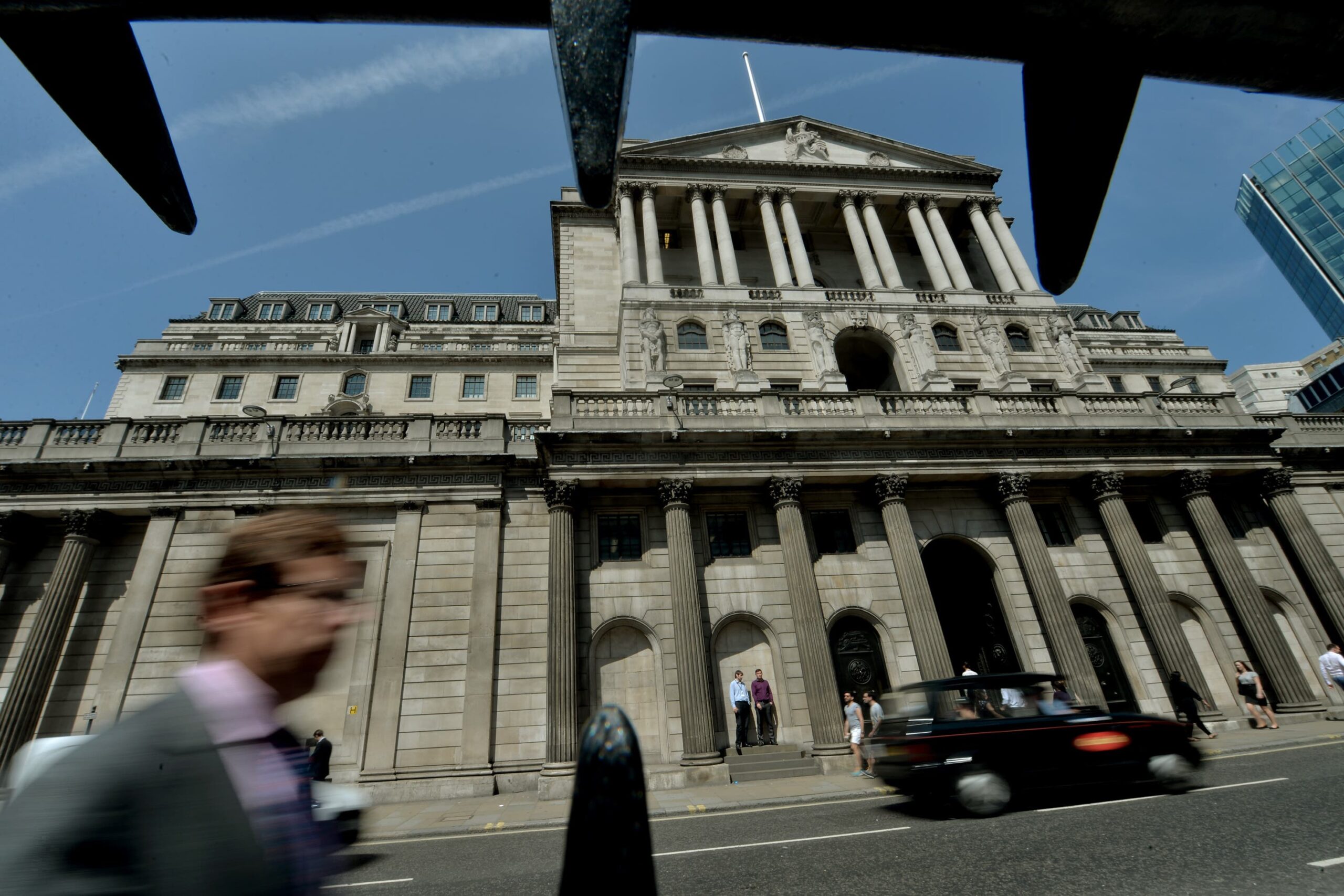
Introduction
The bank windfall tax has surfaced as a significant point of discussion in the UK, particularly in light of recent financial surpluses reported by major banks. This tax aims to target excess profits arising from the post-pandemic recovery, which has raised ethical and practical considerations. As governments seek to balance economic stimulation with fiscal responsibility, the bank windfall tax holds considerable relevance for taxpayers, financial institutions, and policymakers alike.
The Tax’s Background
The concept of a windfall tax is not new. Traditionally, such taxes have been imposed on unexpected financial gains by companies, especially in sectors like energy and banking during times of crisis. The UK government announced the potential for a windfall tax on banks as they reported record profits over the last two years, largely attributed to rising interest rates and increased demand for loans amid an ongoing economic recovery phase.
In June 2023, reports indicated that UK banks, including Barclays and HSBC, saw profits soar, prompting calls from various political figures for a windfall tax to be imposed. The proposed tax was viewed as a means to support public services that have suffered budget cuts and to address increasing living costs faced by the population. Chancellor Jeremy Hunt stated that a windfall tax could raise significant revenues, suggesting that these funds could be crucial in alleviating some financial pressures on households.
Current Developments
As of October 2023, discussions concerning the bank windfall tax are ongoing within Parliament. The government is currently weighing the potential implications of this tax on the financial sector’s stability and its attractiveness for foreign investment. Some experts argue that while the windfall tax could provide immediate relief for budget strains, it could inadvertently discourage banks from pursuing profitable ventures, thus hampering economic growth in the long run.
Conversely, proponents of the windfall tax argue that it is a responsible approach to ensuring that banks contribute fairly to society, especially during times of robust profitability. Similar measures have been enacted successfully in other nations, leading many to advocate for the UK to follow suit.
Conclusion
The debate around the bank windfall tax is poised to continue as discussions evolve in the UK government and the financial sector. If legislation is passed, it could represent a pivotal shift in how financial institutions are taxed, addressing public concerns over corporate accountability while generating necessary revenue for public services. For readers, understanding this tax’s potential implications is crucial as it may affect the broader economic landscape and individual financial stability in the coming years. The significance of a fair contribution from profitable sectors cannot be understated, and the outcomes of this situation may set precedents for future tax policies in the UK.
You may also like

The Role of Metro Systems in Modern Cities

Costa Coffee’s Commitment to Sustainability in 2023
